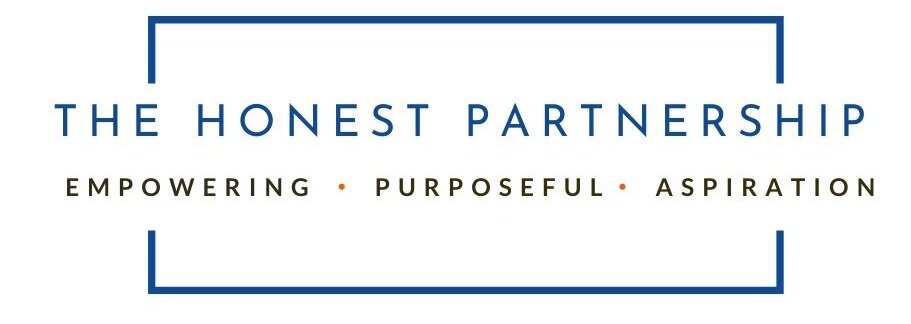Unlock Your True Potential - Take the Quiz
Can the way we view our talents and intellect shape our potential? Oh yes!
Is your mindset holding you back?
As a coach, I hear how beliefs in our abilities, perceptions of our skills and attitudes regarding our experiences alter both emotional well-being, as well as having an impact on what we achieve.
Carol Dweck a prolific researcher, described two main ways people think about themselves and their intelligence:
A fixed mindset: a belief that their intelligence is fixed and static
A growth mindset: a belief intelligence and talents can be improved through effort and learning.
Two Perceptions of Mindset
Dweck’s work identified how perceptions determine how successful we are, our capacity to stick to new habits, and whether or not we can acquire new skills; our mindset is the root of having either healthy and beneficial habits that not only enable us but empower us to reach our full potential or not.
A big assumption I’ve witnessed is clients believing they possess a growth mindset, that they are always doing things to push themselves out of their comfort zones, open to learning and shifting … but when we explore this deeper, the reality is it is often more fixed with moments of growth. You can take the quiz to find out your own mindset here: or read on to find out more.
What is a fixed and growth mindset?
For those who have adopted a growth mindset, intelligence and aptitude are skills that can be honed with dedication and hard work. Unfortunately, all of us have moments where our confidence wavers and our goals seem out of reach. As someone with dyslexia, obtaining certificates appeared beyond me. However, by making a conscious shift from a fixed perspective of my academic abilities to a growth mindset, I managed to finish a Masters - it was the strength of my belief I was capable that got me through a lot of writing!
Clients who present limiting beliefs will inadvertently try to avoid situations: ‘That job wasn't for me maybe its time to freelance or go client-side.’ I’ve heard clients say: ‘I just give up, no matter what I do it doesn’t seem to work’ or ‘I just feel my team are not able to…’. It’s in those candid moments that we hear the truth of our beliefs relating to limitations.
How do I know if I have a fixed or growth mindset?
Here are some indications of those who adopt a growth mindset are more likely to,
Embrace lifelong learning
Believe intelligence can be improved
Put in more effort to learn
Believe effort leads to mastery
Believe failures are just temporary setbacks
View feedback as a source of information
Willingly embraces challenges
View others’ success as a source of inspiration
View feedback as an opportunity to learn
People with a fixed mindset believe individual traits cannot change, no matter how much effort you put in, and are more likely to:
Believe intelligence and talent are static
Avoid challenges to avoid failure
Ignore feedback from others
Feel threatened by the success of others
Hide flaws so as not to be judged by others
Believe putting in the effort is worthless
View feedback as personal criticism
Give up easily
Mindset Quiz
Do you have a ‘growth’ or a ‘fixed’ mindset? Take the mindset quiz

